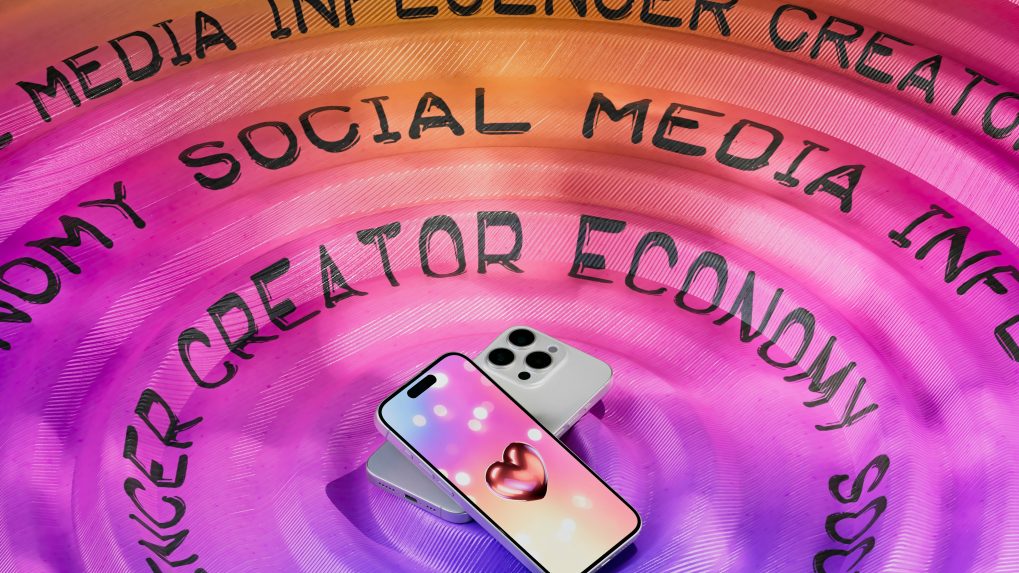Over 70% of Indian brands turn to influencers to build consumer trust: WPP Media
The report highlights that trust-building remains especially crucial for sectors like banking and finance (77%) and beauty and personal care (76%), where consumer assurance is integral to brand success. Even traditional legacy brands, often cautious in digital adoption, are catching on with 74% believing that influencers enhance brand trust.
ADVERTISEMENT
Influencer marketing in India has evolved into a strategic cornerstone for brands across sectors as over 70% of brands now use influencer marketing not just for visibility, but to build consumer trust and credibility, as per the India Influencer Marketing Report 2025 released by WPP Media. The report highlights that trust-building remains especially crucial for sectors like banking and finance (77%) and beauty and personal care (76%), where consumer assurance is integral to brand success. Even traditional legacy brands, often cautious in digital adoption, are catching on with 74% believing that influencers enhance brand trust.
The study also reveals a functional evolution of influencer marketing. 77% of e-commerce and quick commerce brands use influencers to drive awareness around offers and new launches, while 40% are now incentivizing influencers directly based on sales conversions. In parallel, engagement rate is emerging as a key performance metric, with 50% of BFSI brands, 45% of beauty and food brands and 43% of e-com brands ranking it as the most important criterion for investment. For auto and mobile brands (55%), content quality is paramount.
Fake followers still a major concern...
The report raises a red flag on the growing prevalence of fake followers, with 9–10% of Instagram and 4–5% of Facebook accounts estimated to be fake or inactive. A cybersecurity report by CHEQ estimates that globally, over $1.3 billion in marketing spend is wasted annually due to fake engagement. In response, platforms like Instagram, YouTube and X have deployed advanced machine learning tools to detect and reduce fraudulent accounts, helping brands make better partnership decisions.
Instagram and YouTube dominate the scene!
In terms of platform preference, Instagram leads with 98% brand usage, followed closely by YouTube at 94%. Reels, short-form videos, posts, and long-form content remain the most favored formats across categories. Notably, brand-influencer alignment has become more sophisticated. 91% of BFSI brands and 83% of auto/mobile brands say choosing the right influencer is key to achieving campaign objectives. For 63% of e-commerce brands, brand safety and exclusivity with influencers are top priorities, while 49% of beauty and personal care brands emphasize the need for transparent communication during controversies.
Read More: Traditional adex under pressure as TV grows by 1%, print down by 3% in 2025: WPP Media
The duration and nature of collaborations are also evolving. While many beauty brands prefer rotating influencers across campaigns to maintain freshness, a significant portion of auto, mobile (95%) and e-commerce (77%) brands now prefer medium-to-long-term partnerships with influencers for sustained impact.
To support this shift, 86% of BFSI and 80% of auto and mobile brands require background checks before collaboration, and many are now embedding legal clauses into influencer contracts to mitigate reputational risk. Additionally, 53% of e-com and beauty brands have implemented structured engagement guidelines to maintain consistency and control. As influencer marketing continues to mature, the focus is shifting from pure reach to authentic engagement, creator-brand alignment, and measurable business outcomes.
Read More: Streaming surpasses cable, broadcast in the US; hits record 44.8% share of TV in May: Nielsen


